Hundreds of thousands of women receive breast implants in the United States each year as part of breast reconstruction and breast augmentation procedures. While the FDA has deemed breast implants safe and effective medical devices, a controversial new journal article published in the Annals of Surgery claims several associations between breast implants and rare diseases, autoimmune disorders and other conditions.
In this segment of Deep Dive, a panel of nationally respected, board certified plastic surgeons discuss how the Annals of Surgery journal article fails to provide high level useful scientific data, raising questions of irresponsible journalism.
Problems with Data Collection
Patients with implants were asked to complete voluntary follow-up regarding their health. It is possible that when a patient feels healthy, they may be more likely to drop out of long-term follow-up. Patients with health concerns, on the other hand, may be more likely to stay engaged, reporting their concerns. This could lead to skewed data collection.
The diseases and health concerns in one set of data used for this journal article were self-reported, meaning there was no requirement for an actual medical diagnosis to confirm the disease or condition. “Why are they using patients’ self-reporting?” asks Dr. Ashley Gordon, who also points out that only 20% of the patients who received the follow-up questionnaire actually completed and submitted the study questionnaire.
Faulty Data Analysis
The journal article’s conclusions were reached by comparing the reported health of women with implants to the health of the general population, which includes both men and women of all ages. Surgeons point out that comparing the reproductive health of women in childbearing years to a group that includes men and women of all ages does not lead to any meaningful scientific conclusions.
“It’s bad data gathering, it’s bad data analysis,” says Dr. Dustin Reid. “It has the feeling of sensationalism. It’s frustrating coming from our own colleagues.”
“I think it’s important to note that this comes from a group that basically, their whole practice is non-implant based breast reconstruction. So, is this being financially motivated?” asks Dr. Gordon.
Association vs. Causality
Authors of the article noted a higher incidence of melanoma with women who have implants than in the general population. A higher incidence of melanoma in women with implants does not lead to the conclusion that implants are the cause of increased melanoma. “Causality and association are not the same thing,” explains Gordon. “It could just be that women feel great in their bathing suits now, so they’re sunbathing more, so they have more sun exposure, so they have more melanoma.”
Better Methods
“There’s been a huge number of studies that are much better designed,” points out Dr. John Q. Cook, a board certified plastic surgeon in Chicago. “The problem here is that this study is designed so poorly that it’s meaningless. If it’s not constructed well, you might as well just read a story in the National Enquirer.”
Dr. Gordon proposes taking a scientific approach to future breast implant patient follow-up studies. One method available to surgeons is to test patients for inflammatory markers prior to breast surgery, and to follow up with patients after breast surgery, testing again for inflammatory markers at regular intervals. Inflammatory markers can be studied through blood tests, and this may be a more reliable method of diagnosing and monitoring patient health and disease activity.
Dr. Luis Rios, Vice President of The Aesthetic Society Education and Research Foundation (ASERF), agrees that the best way to combat sensationalism in journalism and to ensure patient safety is to conduct responsible studies to reach actual scientific conclusions.
“When issues come up like this we need to first take patient safety into account,” says Rios. “Second, we need to look at the study. If we think it’s a faulty study, then we need to design some of our own, more responsible studies, really looking at the problem and trying to get the real research out there.”
Patient Safety is Priority #1
If you have concerns about the safety of your implants, turn to your surgeon for answers and advice. An experienced, board certified plastic surgeon can best help you with options for care.
“We would never do anything to put our patients at risk,” concludes Dr. Gordon. “I think the majority of female plastic surgeons have breast implants. We obviously feel that they are safe, they are in our own body. I would say a lot of the male plastic surgeons, their wives have implants, their daughters might have implants, their sisters.”
“It’s very important for us to be responsible,” adds Dr. Kevin Smith. “To allay that fear, and absolutely be sure that what we’re doing as plastic surgeons is safe.”








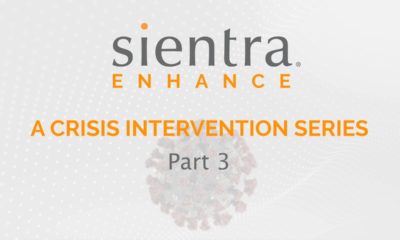

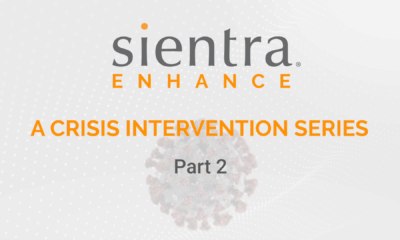

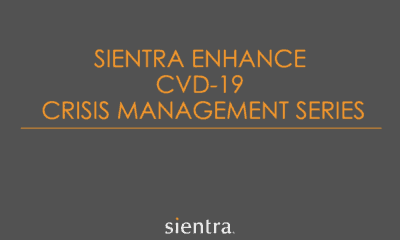
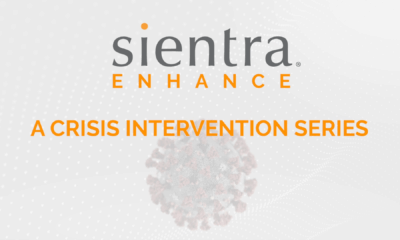
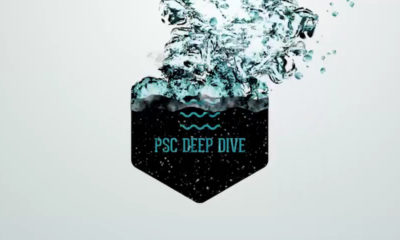




Facebook
Twitter
Instagram
YouTube
RSS